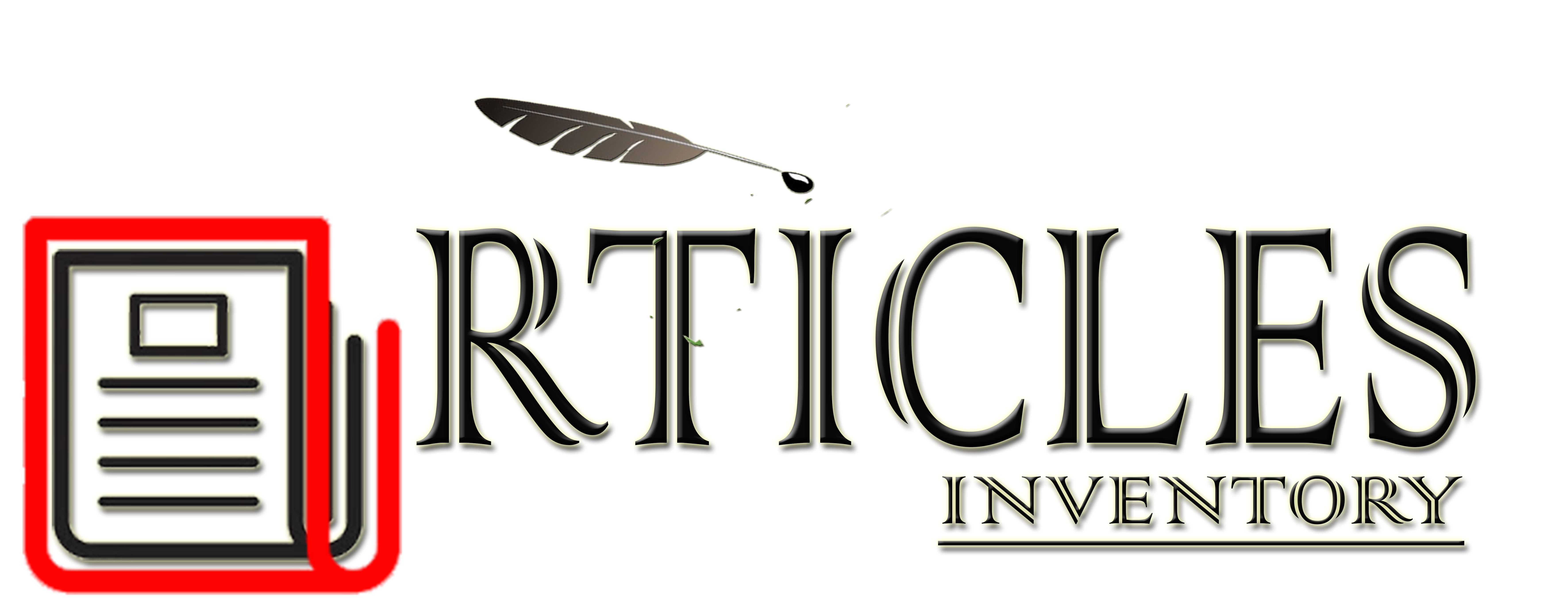The True Cost of Self-Managing Your Rental Property
For many property owners, the idea of self-managing their rental property seems like a smart financial move. The logic is straightforward: why pay a property manager a percentage of your rental income when you can handle everything yourself and keep the full amount? On the surface, it appears to be a clear path to maximizing profit and maintaining total control over your investment. However, this do-it-yourself approach, while seemingly cost-effective, often comes with a true cost that extends far beyond a simple monthly fee. This hidden cost includes a significant investment of time, emotional energy, legal risks, and potential financial losses that can quickly erode any perceived savings.
Self-managing an oc residential property management is not a passive task; it is a second job that requires a diverse skill set, from marketing and customer service to accounting and conflict resolution. Acknowledging this reality is the first step in understanding why delegating this responsibility to a professional property manager is often a more valuable and profitable long-term strategy.
The Time Drain: A Hidden Labor of Love
The most significant and often underestimated cost of self-managing is the time commitment. Owning a rental property means you are on call 24/7. Your time is no longer your own, as you must be prepared to handle a myriad of tasks at a moment’s notice.
This time drain begins before a tenant even moves in. It involves market research to set the right rental price, writing and posting compelling advertisements, fielding dozens of inquiries, and scheduling and conducting property viewings. Once you find a suitable tenant, the process continues with screening applications, running background checks, drafting and finalizing lease agreements, and coordinating move-in logistics.
The work doesn’t stop there. Throughout the tenancy, you are responsible for collecting rent, addressing maintenance requests—whether it’s a minor leak or a major plumbing emergency at 3 AM—and handling all communication. This constant stream of duties can cut into your personal life, your professional career, and your valuable free time. The time spent on these tasks is a cost that a professional manager absorbs, allowing you to focus on your other commitments and enjoy true passive income.
The Emotional and Psychological Toll
Beyond the hours spent, there is a considerable emotional and psychological toll to self-managing. The relationship with a tenant, while professional, can become a source of stress and anxiety. When a tenant is late with rent, or when a conflict arises over property damage, it can be difficult to maintain an objective and detached perspective.
Eviction is perhaps the most emotionally draining aspect of property management. It is a complex, time-consuming, and often uncomfortable process that requires strict adherence to legal procedures. Handling these sensitive and high-stakes situations without a professional buffer can be incredibly stressful for a property owner. A property manager acts as an essential intermediary, shielding the owner from direct confrontation and managing these difficult situations with professionalism and emotional detachment.
The peace of mind that comes with knowing a qualified professional is handling these complexities is a priceless benefit that cannot be measured in a simple line item on an expense report.
The Financial Pitfalls and Lost Revenue
While avoiding a management fee seems like a direct financial gain, self-management can often lead to greater financial losses. A key area is tenant turnover and vacancy. An experienced property manager has the resources and market knowledge to quickly find a qualified tenant, minimizing the time a unit sits empty. An owner-manager might take longer to fill a vacancy, and every week the property is empty is 100{9148e39cba9c9c5d04b6fdb21b1222c832f747e020035cfb966510cf5677ce60} lost income, a cost that far outweighs a management fee.
The Benefits of Delegation: A True Investment
Delegating property management is not an expense; it is an investment that provides a tangible return. A professional property manager streamlines operations, reduces vacancy rates, ensures legal compliance, and handles all the day-to-day hassles. This allows the property owner to truly enjoy the benefits of passive income and focus on building their portfolio, knowing their asset is in capable hands.
In the end, the true cost of self-managing a rental property is the sum of all these hidden factors: the time and energy you expend, the stress you endure, the potential financial losses you risk, and the legal exposures you face. When weighed against the fee for a professional, these costs often paint a clear picture. The money you save by not hiring a property manager can easily be lost and then some, proving that sometimes, the most profitable decision is to delegate and let a professional do what they do best.




